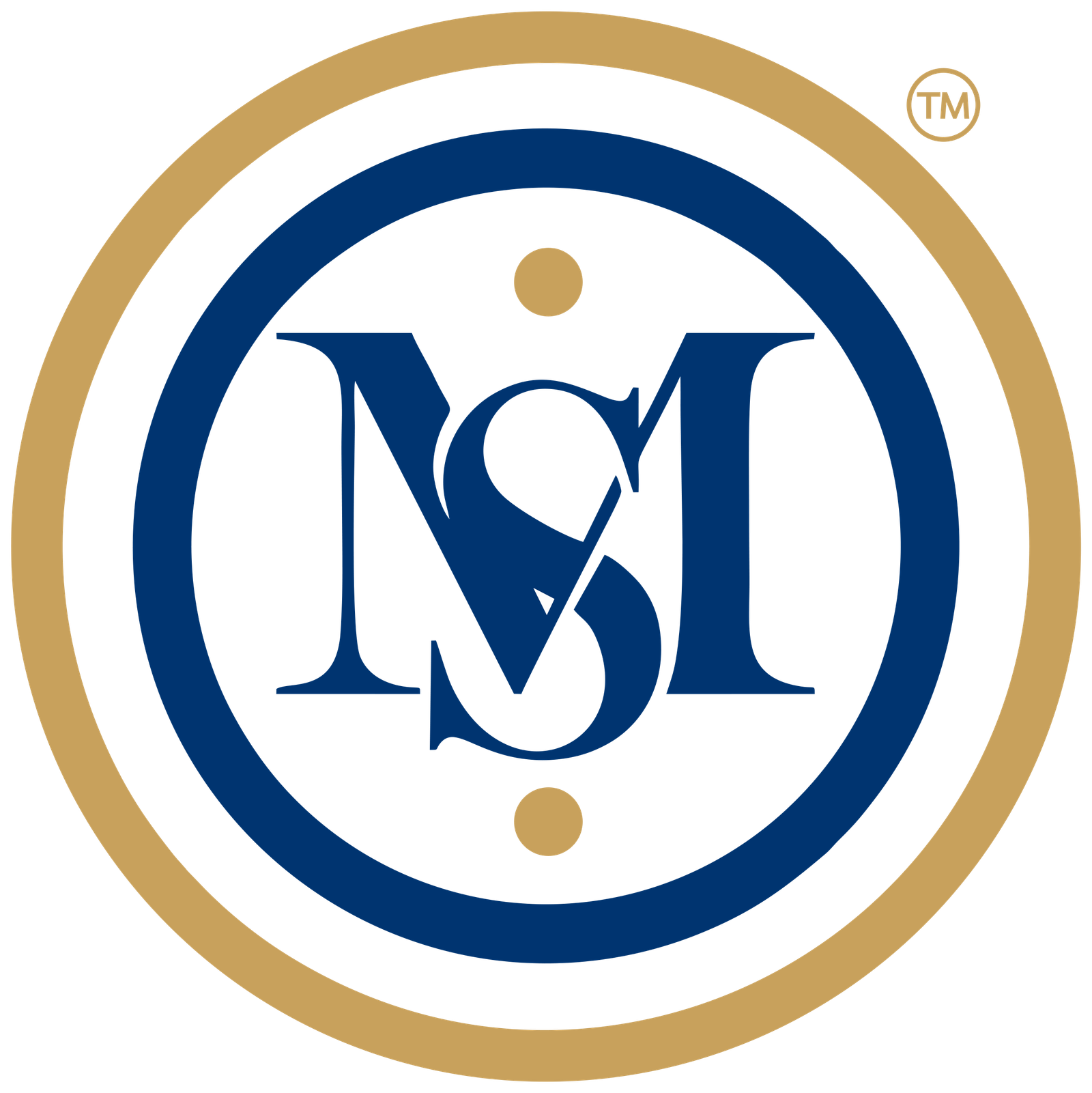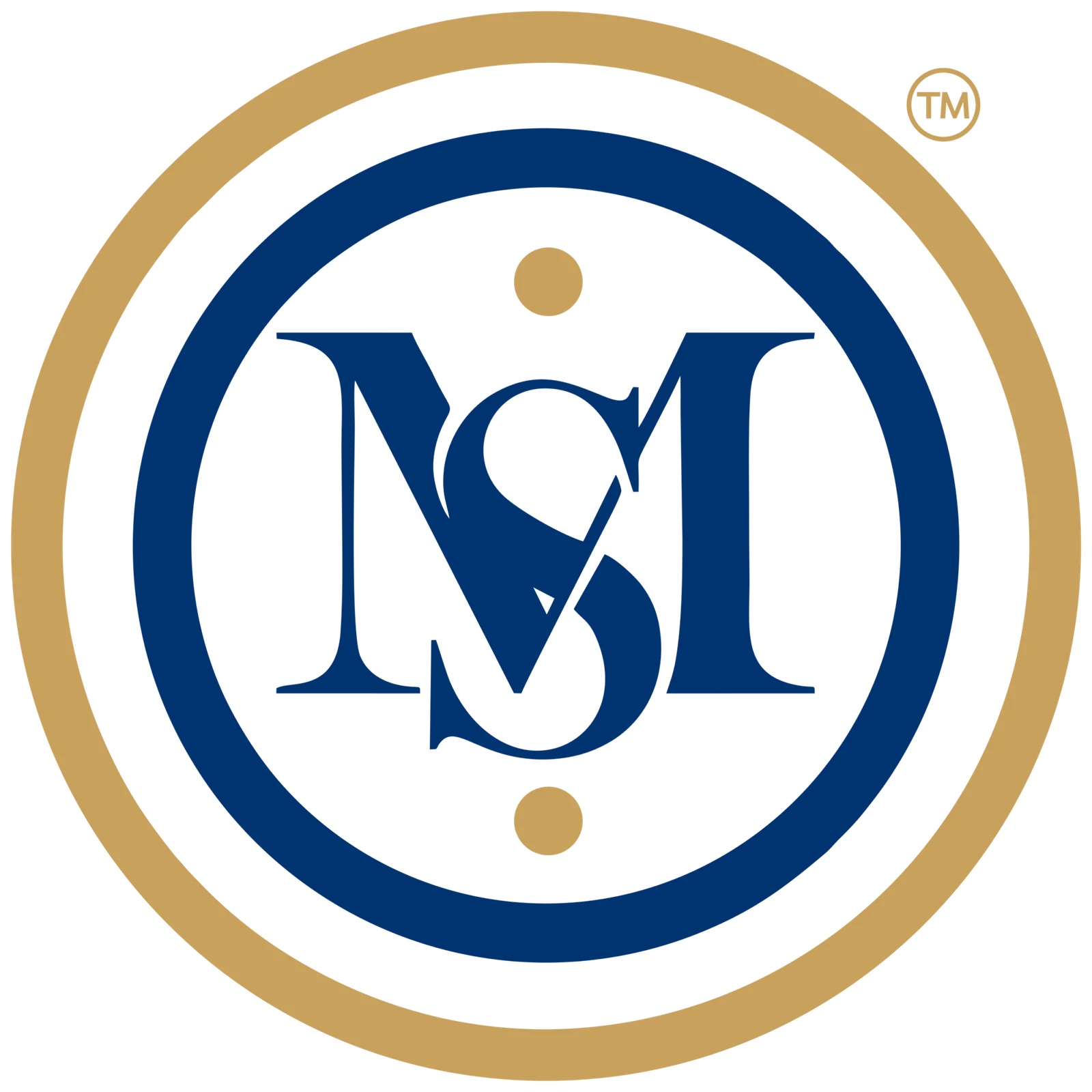- +1 (829) 605-4680
- service@mingoversum.com
- Careterra Sosua - Cabarete KM 4, Plaza Commerciale Nr1, Sosua 57000
When comparing SMO® (Strategic Marketing Optimization) to a real focus group, several important distinctions emerge

SMO® provides insights based on existing customer data and trends, offering a more analytical and scalable approach. It’s designed to continuously refine marketing strategies based on evolving customer behaviors, making it highly adaptable.



While focus groups provide valuable qualitative insights, they are often limited by the small number of participants and the subjective nature of their responses. The depth of feedback can be rich but is typically anecdotal and may not represent the broader customer base.

SMO® is scalable and can be applied to a broad audience across different digital channels. Since it uses data-driven methods, it can be implemented across multiple campaigns and refined as more data becomes available.


A focus group is less scalable because it involves real-time interactions with a small number of participants. Each session can be time-consuming and resource-intensive, and the insights are limited to the specific group involved.
Once set up, SMO® can operate continuously, collecting and analyzing customer data in real time. It’s cost-effective over time, especially for businesses with access to large amounts of digital data. The use of SMO® Avatars allows for ongoing optimization without repeated manual input.
Running a focus group can be expensive and time-consuming due to recruitment, venue, facilitation, and analysis costs. It’s typically used as a one-time event, meaning it needs to be repeated to gather updated insights.
SMO® relies on objective data, algorithms, and behavior analysis to drive decisions. This minimizes the subjectivity involved in interpreting customer behaviors and ensures the marketing strategies are grounded in data.
Focus group results are inherently subjective, based on participants’ perceptions and personal experiences. While valuable, these insights can sometimes be biased by group dynamics or dominant voices within the discussion.


SMO® provides real-time insights, as it continuously processes and analyzes digital data. Marketers can quickly adapt their strategies based on ongoing feedback from the SMO® system.


Feedback from a focus group takes longer to gather, as it requires organizing the session, conducting it, and then analyzing the results. The time gap between obtaining insights and applying them is much longer.

SMO® is dynamic and can be adapted quickly to shifts in market trends or customer behavior. It’s designed to evolve with the business and its audience.

While focus groups can be adapted to different questions or products, they provide static, one-time insights. Any changes in consumer behavior after the focus group will not be captured unless another session is conducted.


excels in providing scalable, data-driven, and real-time optimization of marketing strategies through continuous analysis of digital behaviors.
offer rich qualitative insights but are limited by scale, subjectivity, cost, and the slower process of gathering and analyzing results.
For businesses looking for long-term, continuous optimization, SMO® offers more flexibility and efficiency, while focus groups are better suited for gaining deep, subjective insights on specific issues in a controlled environment.
/extensions/../assets/sophie-profile.jpg)
Sophie hört jetzt zu...
/extensions/../assets/sophie-profile.jpg)
Sophie hört jetzt zu...